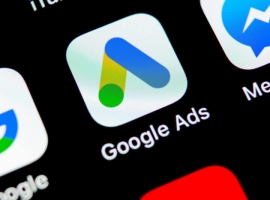In May 2017, Facebook announced it was doing more to demote ads that included shocking, disruptive or malicious content. On Wednesday, the company announced it was expanding its efforts in this area by further reducing distribution of — or disapproving — low quality ads.
Marketers using less than credible ad content will need to reconsider their strategy as their ads will continue to get less and less play — or be removed. Here’s a look at what’s changing.
Ads that withhold information. See the examples shown above. Any Facebook ads that include sensationalized or exaggerated headlines to generate a reaction, but fail to deliver the anticipated response on the landing page will also be demoted or disallowed.
Engagement bait ads. Another type of advertisement that will be penalized is any ad that withholds information to get people to click on a link to understand the full meaning of the post. Advertising headlines like “You won’t believe what happened next” or “You’ll be shocked when you see the results” are prime examples of this type of clickbait.
Ads with sensationalized language. Facebook says advertisers trying to promote ads with any of these attributes should expect to see lowered distribution in ad auctions. Ads flagged for low quality content may also be disapproved.
Why it matters to advertisers. Facebook says this heightened enforcement applies to all advertisers, but media, entertainment, political and issue ads may be impacted more as these are ad categories more likely to use such methods.Advertisers with multiple ads flagged for low quality content may see all of their campaigns impacted — meaning if Facebook identifies an advertiser habitually trying to post low quality ads, all of that advertiser’s campaigns may be penalized.
These latest updates are an extension of Facebook’s 2014 move to fight clickbait headlines. The company has since made improvements to cut back on the amount of spammy content in the News Feed.
The post Facebook cracking down on ads with clickbait headlines, sensationalized language appeared first on Marketing Land.
Original article source: https://marketingland.com/feed







There are no comments